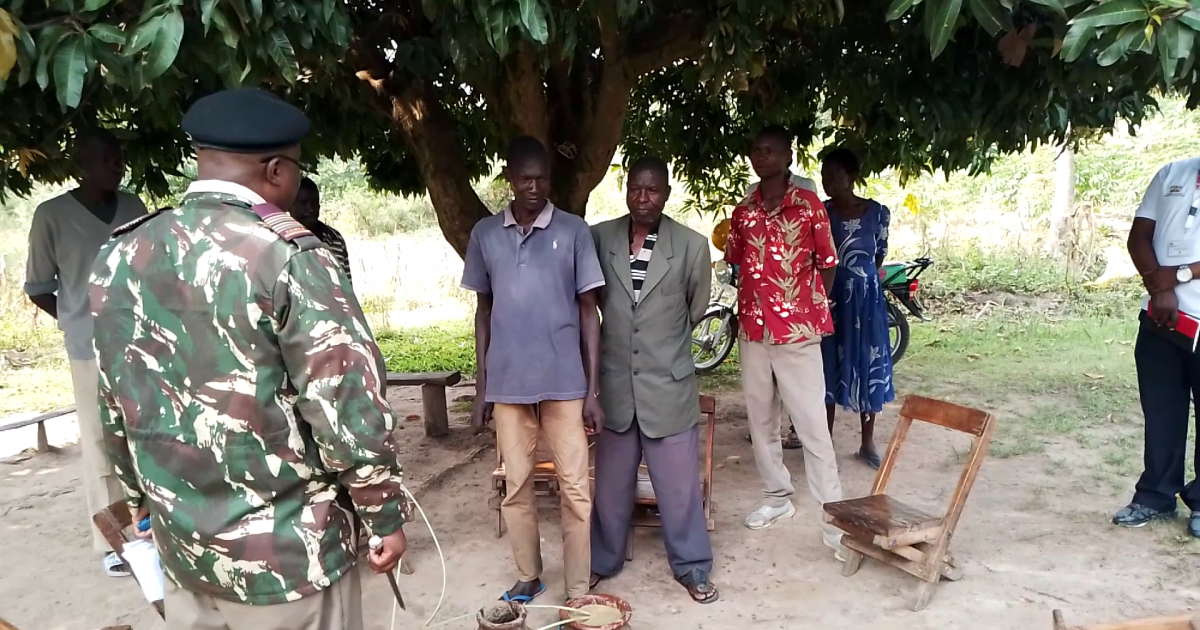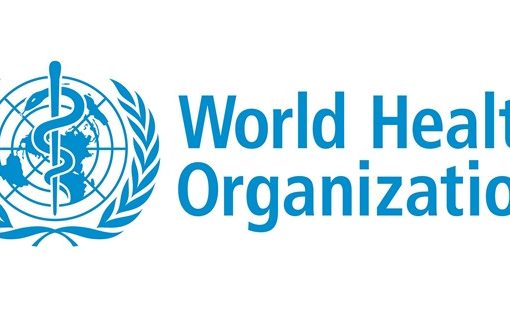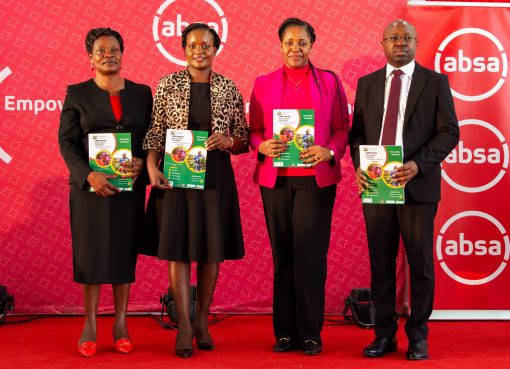Over 20 premises in Teso North Sub County have been closed in the ongoing crackdown against illicit brews, drugs and substance abuse according to DCC Stephen Wambura.
In-line with implementation of the directive by the CS Interior, the security apparatus in the sub county launched a crackdown aimed at weeding-out unlicensed clubs, agro vets and pharmacies, of which 7 bars, 13 pharmacies and 6 agro-vet were found operating illegally.
“We have intensified patrols across the sub county in effort to mitigate substance abuse within the sub county for the sake of future generation and in line with directive by CS Kidiki,” noted Wambura.
Wambura regretted that it’s now the game of hide and seek with businessmen who have decided to operate the bars and pharmacies at night to avert being impounded by the security team who are conducting raids on daily basis.
“We have instructed Chiefs and Assistant Chiefs that all traders operating drinking joints must have valid licenses and no bar should be operating 300 meters from the institutions of learning,” the DCC added.
However, the security team in Busia are faced with the task of manning the porous border where new techniques and innovations on transportation of illicit brew from Uganda have been developed.
According to Wambura, boda boda operators are the leading in aiding the brewers to smuggle in the produce for transportation to various joints or Nairobi.
“The biggest challenge we have is that porosity of our border where boda boda are being used to smuggle chang’aa and ethanol swimming across river Malakisi or through areas of Moding. However, the police are on high alert and soon we will arraign the culprit in the court,” he added.
Since the launch of the crackdown in the sub county, over 30 people have been arraigned at Amagoro law court for not conforming with the standard requirements as per the Alcoholic Drinks Control Act.
The pharmacies and agro-vet owners have 30 days to submit licenses or close their businesses permanently. This is according to the Kenya Pharmacy and Poisons Board (KPPB).
By Absalom Namwalo





